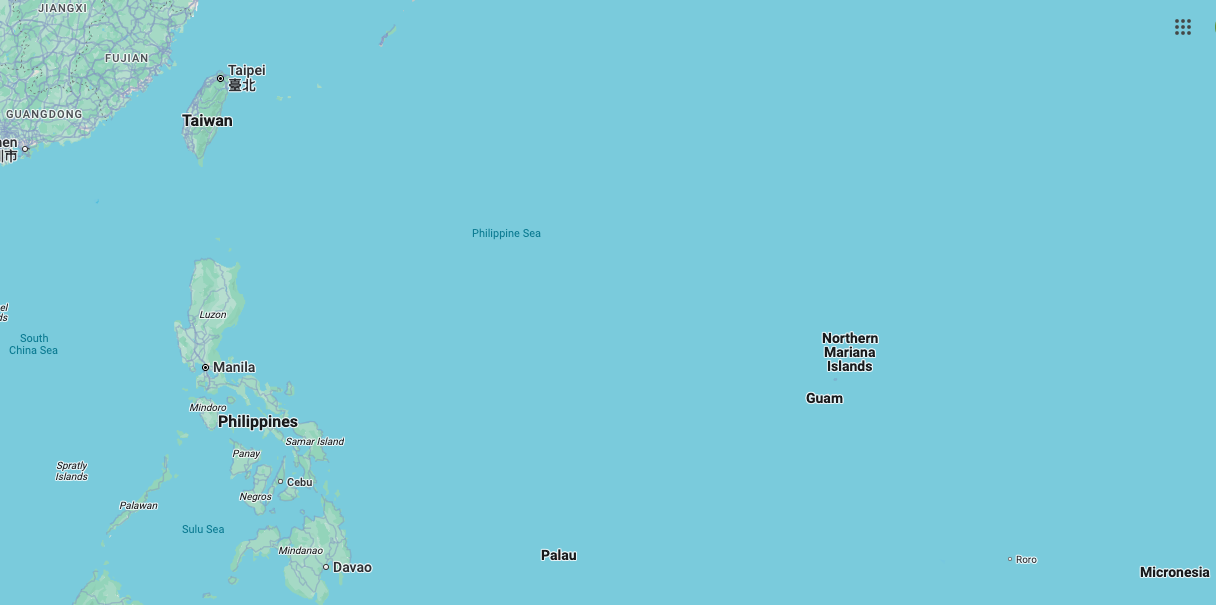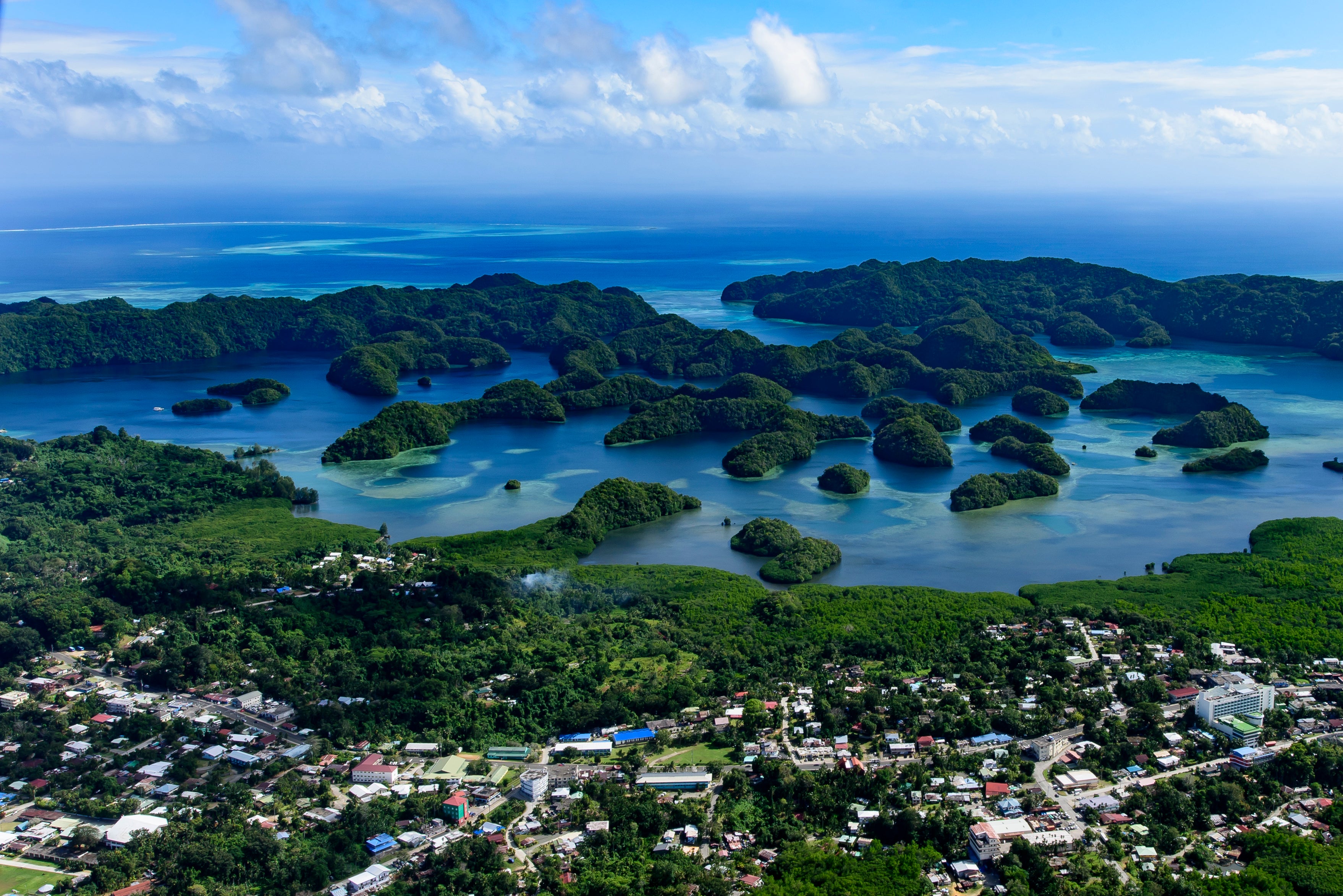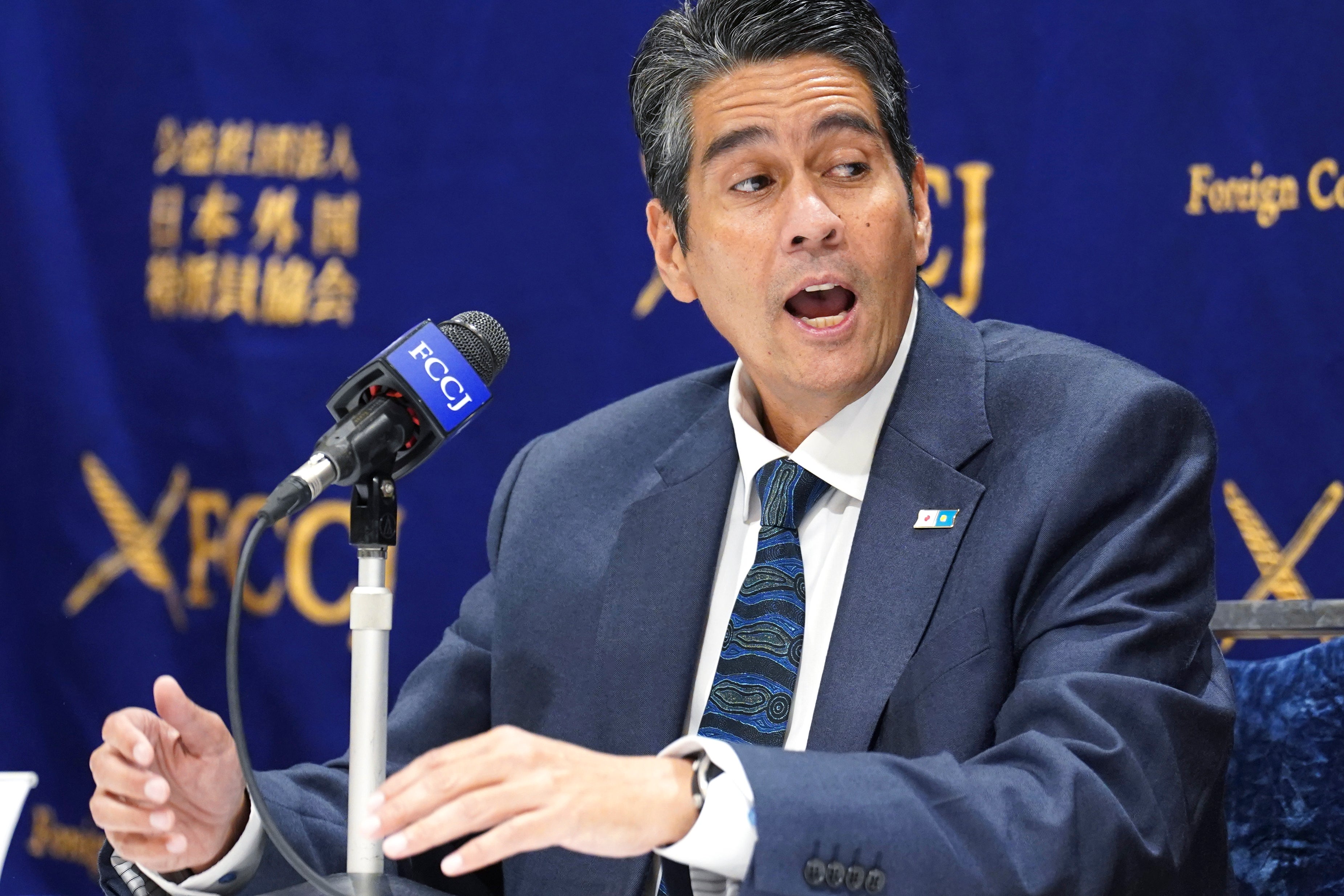ARTICLE AD BOX
A tiny island nation in the middle of the Pacific Ocean is the staging ground of a major geopolitical tussle.
Palau is made up of more than 340 coral and volcanic islands perched on the Kyushu-Palau Ridge, dotting Micronesia’s edge. It is geographically closer to China than any other Pacific Island nation and still formally recognizes Taiwan.
And now it is on the front line of a battle for influence, with China on one side and the U.S. on the other.

The former colony, which won independence in 1994 from the U.S.-administered United Nations Trust Territory of the Pacific, is home to approximately 17,000 people.
It holds close ties to the United States, with Washington providing aid and defense support to Palau while its citizens can live and work in the U.S.
It was one of the few countries spared Trump’s sweeping tariffs. And it plays host to American-controlled airstrips with a soon-to-be-completed long-range radar system that could become critical for keeping an eye on Chinese activities.
But Reuters says its investigations have found evidence of a concerted influence campaign by individuals with ties to the Chinese government, aimed at preventing the U.S. from expanding its military infrastructure on Palau.
Joel Ehrendreich, the U.S. ambassador to Palau, says China is using the same tactics in Palau that it has deployed elsewhere in the Pacific.

“We’ve seen the playbook over and over again throughout the region, and it’s been very effective,” Ehrendreich said. “Get in with predatory investment, corrupt officials through elite capture, and try to destabilize the society through drug and human trafficking and other crime. And it’s easy to do when you go one by one through these little countries that you can overwhelm.”
China has strongly pushed back on the claims.
Palau’s strategic position puts it in a prime spot for a geopolitical tug-of-war, chief executive officer at the United States Studies Centre in Sydney Dr Michael Green explained. “These small islands that few people know about suddenly become the objects of major strategic competition,” he told the Guardian last November.
The Trump administration is no stranger to attempting to exert influence on islands while competing with rival powers - Greenland has famously been in the U.S. president’s crosshairs since he returned to power in November. In March, China touted efforts to deepen co-operation between Beijing and Greenland despite Trump’s bluster.
Reuters now claims that Chinese efforts to influence the future of Palau run deep. The news agency has reviewed intelligence reports, police files, court records and land filings, and conducted interviews with more than 20 diplomats and local law enforcement officials as part of its investigation.

U.S. intelligence reports state that people from China allegedly linked to illicit activity—including drug smuggling and prostitution—are attempting to foster relationships with senior Palau officials. They have been accused of making donations to court the island’s political figures and attempting to facilitate meetings between Chinese and Palauan officials.
Tamara Hutzler, the country's anti-corruption prosecutor, said political donations by foreign nationals are illegal in Palau.
“The only evidence my office has received is via anonymous sources,” she said. “Everyone knows foreigners give money, but without evidence our hands are tied.”
“The corruption is just pervasive,” added Hutzler. It is tough to combat, she said, in part because law enforcement lacked resources.
Meanwhile, Chinese businesspeople have leased land near some of the U.S. military facilities, including radar stations and airstrips, according to land records. Foreign nationals cannot purchase land in Palau, but they can lease it for decades-long periods.
Ehrendreich believes the leases were almost certainly strategic.
“All around there are various plots of land that are now being leased to Chinese interests,” the ambassador said. “I don’t think it’s any coincidence at all that it happens to be physically close to our projects.”
The land-lease tactic, he said, was “how they maybe are able to keep an eye on what we’re trying to do here.”

A spokesperson for China’s foreign ministry told Reuters that the claims that China is undermining Palau’s stability “are far-fetched, slanderous, and completely fabricated nonsense.”
“Who is building military bases in Palau? Who wants to turn Palau into a strategic military outpost?” they added. “We urge the U.S. side to stop smearing and slandering China … and stop provoking trouble in the region.”
Asked about Palau’s relationship with Taipei, the Chinese foreign ministry spokesperson urged countries that “still maintain so-called ‘diplomatic relations’ with the Taiwan region not to be blindly arrogant and stubborn.”
Surangel Whipps Jr., Palau’s president, has expressed support for the U.S. In February Whipps Jr invited Donald Trump to go snorkeling with him to highlight the climate change challenges Palau faces. And in his first presidency, Trump brought three Pacific Islands leaders to the White House to engage on security issues.
“What Palau sees as important is a strong United States that's able to continue to be strong, is good for Palau and good for the planet," Whipps Jr said earlier this month.
The Palau president did not respond to a Reuters request for comment on the allegations of Chinese influence.
But speaking at a think tank in Sydney, Australia, earlier this month, he did address the issue of crime on the island: “Drugs, human trafficking, all of these kinds of activities have a way of undermining the political structure.
“Online scamming or gaming that happens, they end up influencing politicians and things that go on in Palau.”









 English (US) ·
English (US) ·